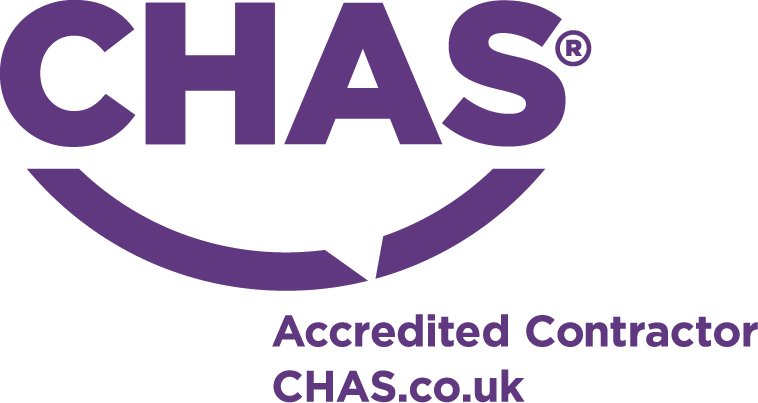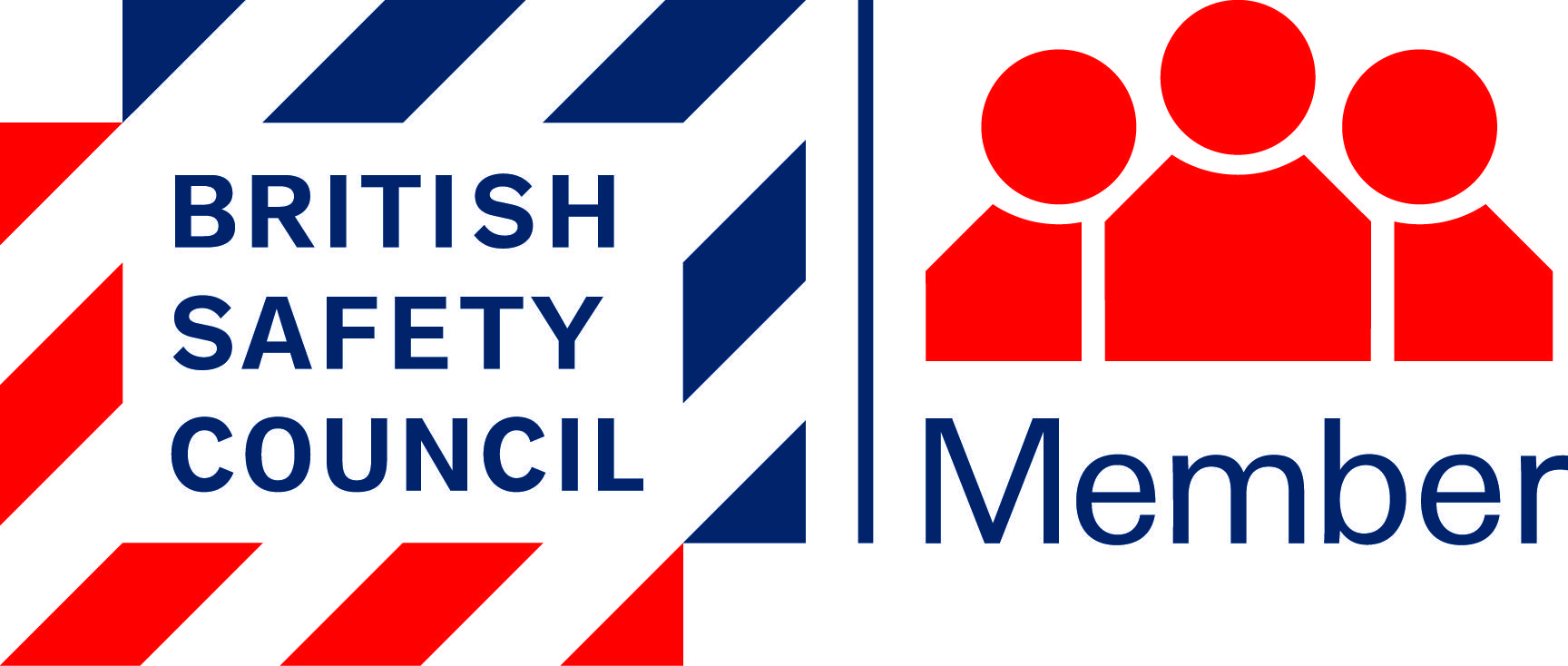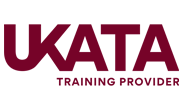Refresher Asbestos Awareness: When and Why You Need to Update Your Training
Refresher Asbestos Awareness: When and Why You Need to Update Your Training
Asbestos safety is a long-term responsibility. If you’ve completed your initial asbestos awareness course, you might be wondering: do I need a refresher? The answer, in short, is yes – and for good reason.
This guide explains the Health and Safety Executive (HSE) position on refresher training, when it's needed, and why UKASL’s flexible asbestos refresher courses are an ideal solution.
HSE Guidance on Asbestos Refresher Training
The HSE’s official guidance (L143 Control of Asbestos Regulations) outlines that:
“There is no legal requirement to repeat formal asbestos awareness training every 12 months. However, some form of refresher should be given as necessary.”
In other words, refresher training should be risk-based and tailored to the job role. A formal refresher course is recommended when:
- Your job duties have changed
- You haven’t dealt with asbestos risks in a while
- There have been updates to guidance or legislation
- You cannot demonstrate adequate knowledge or safe practices
Why Annual Refreshers Are Still Best Practice
While the HSE doesn’t mandate annual refreshers, most organisations treat this as the standard. Here's why:
- Regulations and procedures can change yearly
- Staff turnover and role changes increase knowledge gaps
- Clients often request up-to-date certification for compliance
- Accidents and near-misses may prompt a renewed focus on safety
At UKASL, we recommend that asbestos awareness refresher training be carried out annually, unless your risk profile clearly indicates otherwise.
What’s Included in a Refresher Asbestos Awareness Course?
A refresher course isn’t just a tick-box exercise. It’s an opportunity to reinforce core knowledge, revisit regulations, and address any recent real-world challenges. Our courses include:
- Recap of asbestos types, locations, and risk factors
- HSE regulatory updates
- Common mistakes and recent case studies
- Interactive knowledge checks
- Instant certification upon completion
Who Needs a Refresher Course?
You should consider refresher asbestos training if you are:
- A construction worker, maintenance engineer or tradesperson
- A site manager or health and safety officer
- A contractor taking on new responsibilities
- A company renewing insurance or framework approvals
Many clients and principal contractors will require proof of recent asbestos training before site access is granted. A valid certificate improves credibility and compliance.
Why Choose UKASL for Your Asbestos Awareness Refresher?
We provide UKATA-approved and IATP-certified refresher asbestos training that is:
- Online and available 24/7
- Delivered by experts with real industry knowledge
- Fast, flexible and fully HSE compliant
- Instantly certificated for use on-site or in audits
FAQs About Asbestos Refresher Courses
Is refresher asbestos awareness training legally required every year?
Not exactly. The law requires refresher training "as necessary," but annual updates are widely accepted as best practice.
Can I take my refresher course online?
Yes! Our online refresher courses are fully compliant, interactive, and accessible anytime, anywhere—no classroom needed.
Will I receive a new certificate?
Yes, upon successful completion, you’ll receive a new asbestos awareness certificate valid for another 12 months (or longer based on your employer’s policy).
Stay Compliant. Stay Safe.
Asbestos doesn’t get less dangerous with time, and neither should your training. Make sure you and your team stay informed, confident, and compliant. Explore our refresher asbestos training options today and renew your certification with UKASL – the UK’s trusted provider for workplace asbestos safety.





